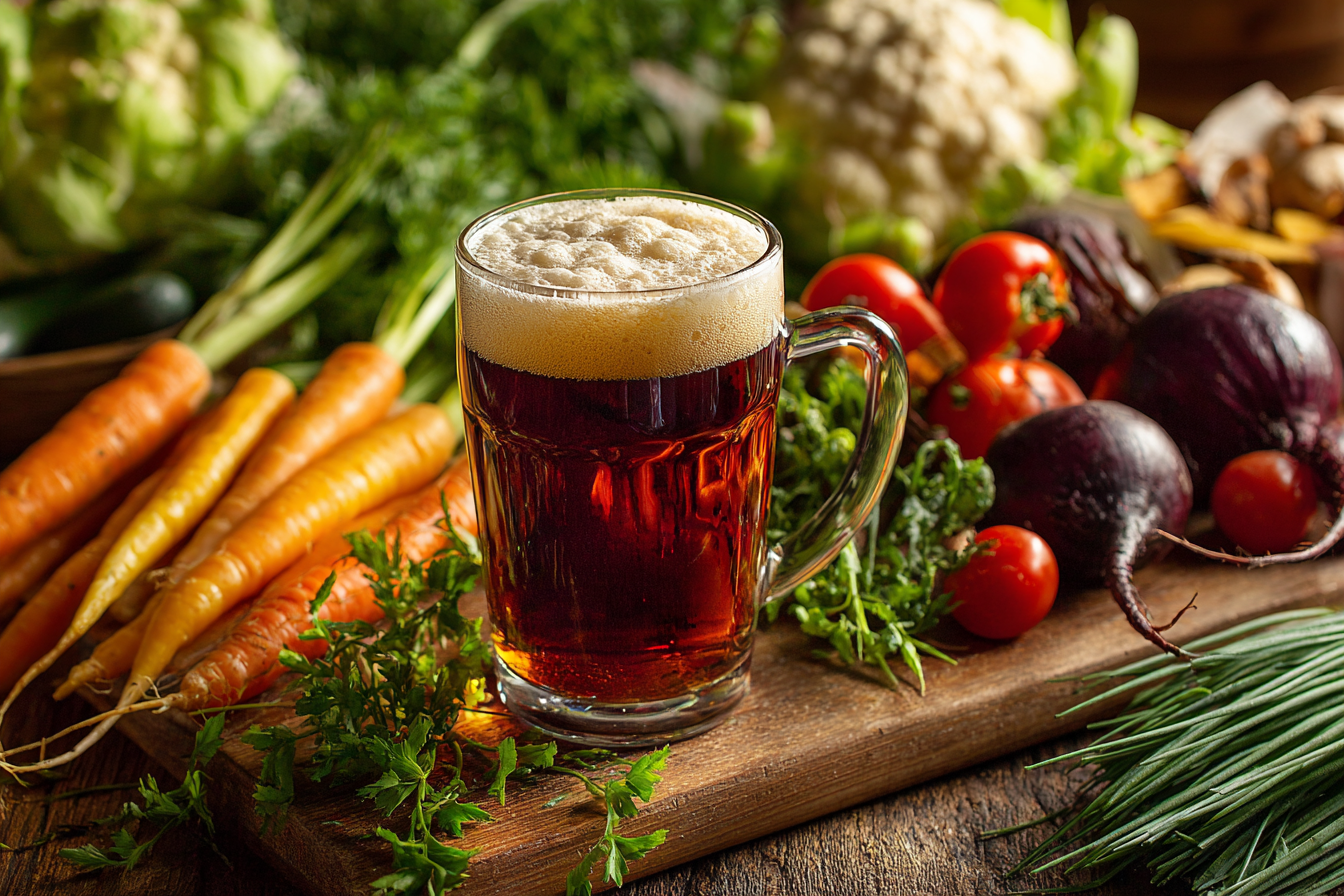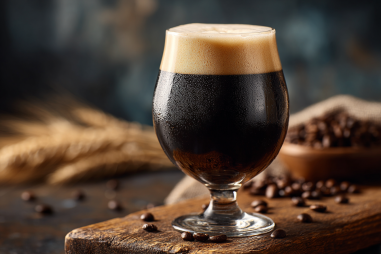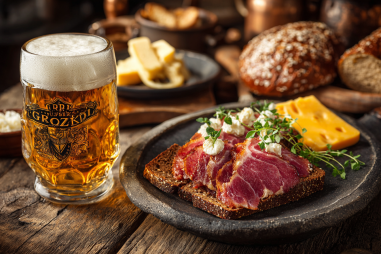Irish Red Ale is a beloved beer style known for its rich, malty flavor and reddish hue. While many enjoy it for its taste and cultural significance, there is growing interest in understanding the potential health benefits that moderate consumption of Irish Red Ale might offer. Like many beers, it contains natural ingredients that can contribute positively to health when consumed responsibly. Let’s explore what science and nutrition say about enjoying Irish Red Ale in moderation and how it might fit into a balanced lifestyle.
Understanding Moderate Beer Consumption
Moderation is the cornerstone of deriving any potential health benefits from alcohol, including Irish Red Ale. Health experts generally define moderate drinking as up to one standard drink per day for women and up to two for men. A standard drink is approximately 12 ounces (355 ml) of beer with about 5% alcohol by volume, which aligns closely with many Irish Red Ales.
Drinking beyond these limits can quickly negate any positive effects and lead to serious health problems, so it’s important to keep intake within recommended guidelines. Moderation helps maintain a balance where the body can metabolize alcohol without undue strain, allowing the beneficial elements of the beer’s natural ingredients to be more effective.
Nutrients Found in Irish Red Ale
Irish Red Ale is crafted primarily from malted barley, hops, yeast, and water, with its distinctive red color coming from roasted barley. These ingredients contribute various nutrients and compounds that can support health in small amounts.
- Vitamins: Malted barley provides some B-vitamins, including niacin, riboflavin, and folate, which play roles in energy metabolism and cell function.
- Minerals: Irish Red Ale contains minerals like potassium, phosphorus, and magnesium. These are essential for muscle function, bone health, and fluid balance.
- Dietary Fiber: While beer is not a high-fiber food, the barley content does contribute small amounts of dietary fiber, which can aid digestion.
- Amino Acids and Proteins: The yeast and malt contribute proteins and amino acids, building blocks for body tissues and enzymes.
While the nutritional profile of Irish Red Ale is modest compared to whole foods, these elements can add up positively when consumed as part of a varied diet.
Potential Antioxidant Properties
One of the key factors attracting attention to Irish Red Ale and similar beers is their antioxidant content. Antioxidants help the body neutralize free radicals, which are unstable molecules that can contribute to cellular damage and aging.
The antioxidants in Irish Red Ale largely come from hops and malted barley. Hops contain polyphenols, compounds linked to anti-inflammatory effects and improved immune response. Malted barley also contributes flavonoids and other antioxidant compounds.
Research suggests that moderate beer consumption can increase antioxidant activity in the bloodstream. While wines, particularly red wine, often get the spotlight for antioxidants, beers like Irish Red Ale offer a respectable profile especially when enjoyed responsibly.
Impact on Heart Health
One of the most widely studied potential benefits of moderate alcohol consumption—including beer—is its association with improved cardiovascular health.
Several studies indicate that moderate beer drinking may help:
- Raise levels of high-density lipoprotein (HDL), often called ‘good cholesterol.’
- Reduce the formation of blood clots that can lead to heart attacks and strokes.
- Improve blood vessel function and reduce inflammation.
Irish Red Ale, with its balanced malt and hop profile, may offer these heart-friendly effects when included as part of a healthy diet. However, the key is emphasis on moderation; excessive alcohol intake can increase the risk of heart disease and other complications.
Myths vs. Facts
There are plenty of myths surrounding alcohol and health, so it’s important to dispel some common misconceptions related to Irish Red Ale:
- Myth: Irish Red Ale is a health tonic.
Fact: While it offers some nutrients and antioxidants, it should not replace nutrient-rich foods or medical treatments. - Myth: All alcohol consumption is bad for you.
Fact: Moderate alcohol use can have some health benefits; risks and benefits vary by individual. - Myth: More beer means more health benefits.
Fact: Benefits plateau and then harm increases sharply with heavier drinking.
Understanding the science helps drinkers enjoy Irish Red Ale with realistic expectations and smart choices.
Responsible Drinking Guidelines
To enjoy any potential health benefits of Irish Red Ale and avoid harm, following responsible drinking practices is essential. Here are some guidelines to keep in mind:
- Know Your Limits: Stick to one drink per day for women and up to two for men.
- Eat Before and While Drinking: Food slows alcohol absorption and reduces negative effects.
- Stay Hydrated: Drink plenty of water alongside your beer.
- Avoid Binge Drinking: Rapid consumption in large quantities increases health risks substantially.
- Consider Your Health Status: If you have liver disease, are pregnant, or take certain medications, avoid alcohol completely.
- Plan for Safe Transportation: Never drink and drive.
When consumed mindfully, Irish Red Ale can be an enjoyable part of social occasions without compromising health.
Enjoying Irish Red Ale with Health in Mind
Irish Red Ale holds a unique place in the world of beer, offering both enjoyment and some potential health perks thanks to its natural ingredients and antioxidant profile. Though not a cure-all, moderate and responsible consumption can contribute to cardiovascular health and provide a modest supply of nutrients.
Above all, balancing Irish Red Ale with a nutritious diet, regular exercise, and a healthy lifestyle is the key to maximizing any positive effects. So next time you raise a glass of this classic beer, take a moment to appreciate not only its flavor but its place in a well-rounded approach to wellness.







